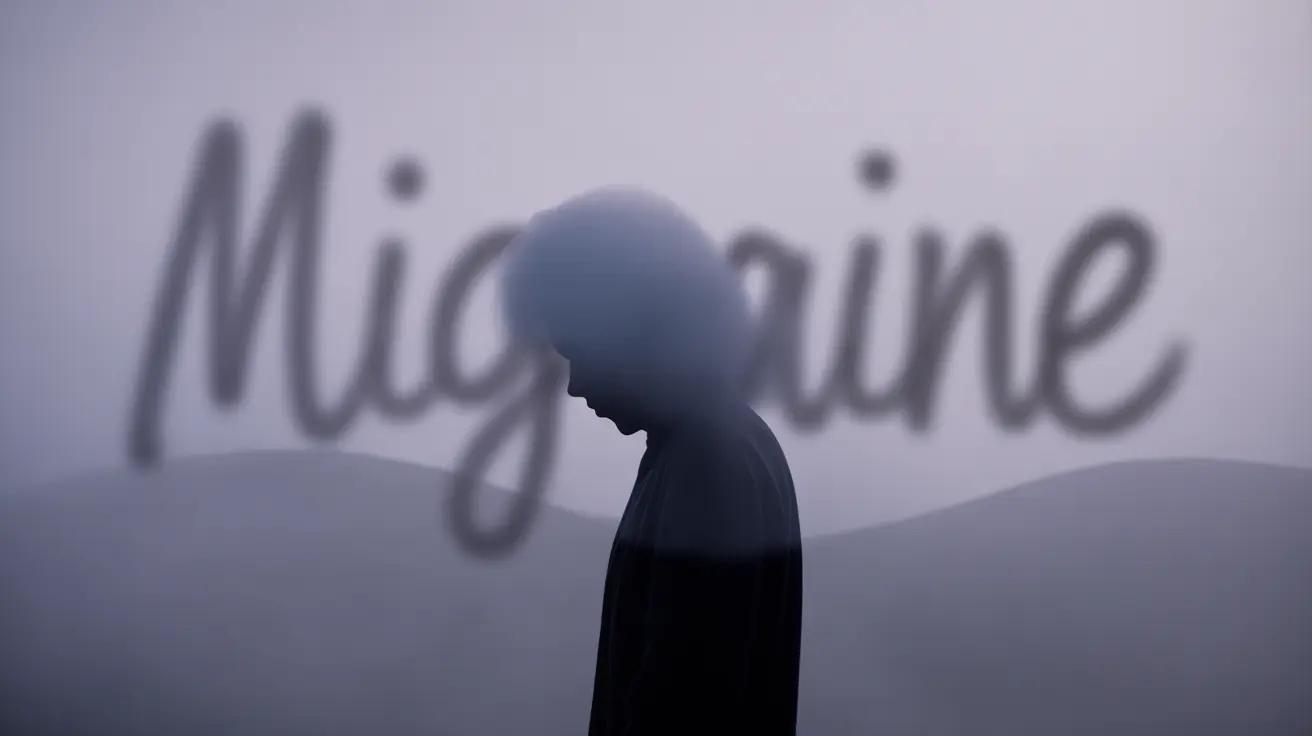If you've ever experienced a migraine, you know the intense headache pain isn't the only challenge. Many people find themselves dealing with lingering symptoms even after their migraine headache subsides - a phenomenon known as a migraine hangover or postdrome phase. This often-overlooked aspect of migraines can significantly impact daily life and requires proper understanding and management.
Understanding migraine hangovers is crucial for developing effective coping strategies and improving overall quality of life for migraine sufferers. This comprehensive guide will explore what happens during this phase, its symptoms, and practical ways to manage the aftermath of a migraine attack.
What Is a Migraine Hangover?
A migraine hangover, medically termed postdrome, is the final phase of a migraine attack that occurs after the severe headache pain has subsided. This phase can last anywhere from 24 to 48 hours, though some people may experience symptoms for up to several days. During this time, individuals often feel drained, foggy, and generally unwell.
Common Symptoms of Migraine Hangover
The postdrome phase can manifest through various symptoms, including:
- Mild, dull headache
- Mental fog and difficulty concentrating
- Fatigue and weakness
- Dizziness or lightheadedness
- Neck pain or stiffness
- Sensitivity to light and sound
- Mood changes or mild depression
- Decreased appetite
Understanding the Causes
The migraine hangover phase occurs due to various physiological changes in the brain during and after a migraine attack. These changes can include:
- Alterations in brain blood flow
- Neurotransmitter fluctuations
- Inflammation in the brain and surrounding tissues
- Hormonal changes
- Nervous system responses
Managing Migraine Hangover Symptoms
Immediate Relief Strategies
Several approaches can help manage postdrome symptoms effectively:
- Gentle hydration with water and electrolyte-rich beverages
- Rest in a quiet, dimly lit environment
- Light stretching or gentle movement
- Cool compresses for residual head discomfort
- Small, easily digestible meals
Lifestyle Adjustments
Making certain lifestyle modifications can help reduce the severity of migraine hangovers:
- Maintaining consistent sleep patterns
- Staying well-hydrated throughout the day
- Following a balanced diet
- Managing stress through relaxation techniques
- Gentle exercise when feeling up to it
Prevention Strategies
While it's not always possible to prevent migraine hangovers entirely, certain practices can help reduce their frequency and severity:
- Keeping a migraine diary to identify triggers
- Taking prescribed medications at the first sign of a migraine
- Following a regular sleep schedule
- Managing stress levels
- Maintaining consistent meal times
- Avoiding known triggers
Frequently Asked Questions
What is a migraine hangover and how long do its symptoms typically last?
A migraine hangover is the final phase of a migraine attack, typically lasting 24-48 hours after the headache subsides. During this time, individuals experience various physical and cognitive symptoms.What are the common symptoms experienced during a migraine hangover (postdrome)?
Common symptoms include fatigue, difficulty concentrating, mild headache, dizziness, sensitivity to light and sound, and mood changes.How can I manage and treat the symptoms of a migraine hangover effectively?
Management strategies include rest, staying hydrated, avoiding intense activities, using cool compresses, and maintaining a calm environment. Over-the-counter pain relievers may help with residual discomfort.What causes the migraine hangover phase after the headache has subsided?
The postdrome phase is caused by physiological changes in the brain, including alterations in blood flow, neurotransmitter levels, and inflammatory responses that occur during and after a migraine attack.What lifestyle changes or preventive steps can reduce the risk or severity of migraine hangovers?
Key preventive measures include maintaining regular sleep patterns, staying hydrated, managing stress, identifying and avoiding triggers, and taking prescribed medications promptly when migraines begin.
Remember to consult with a healthcare provider for personalized advice on managing migraine hangovers, as individual experiences and effective treatments can vary significantly.




